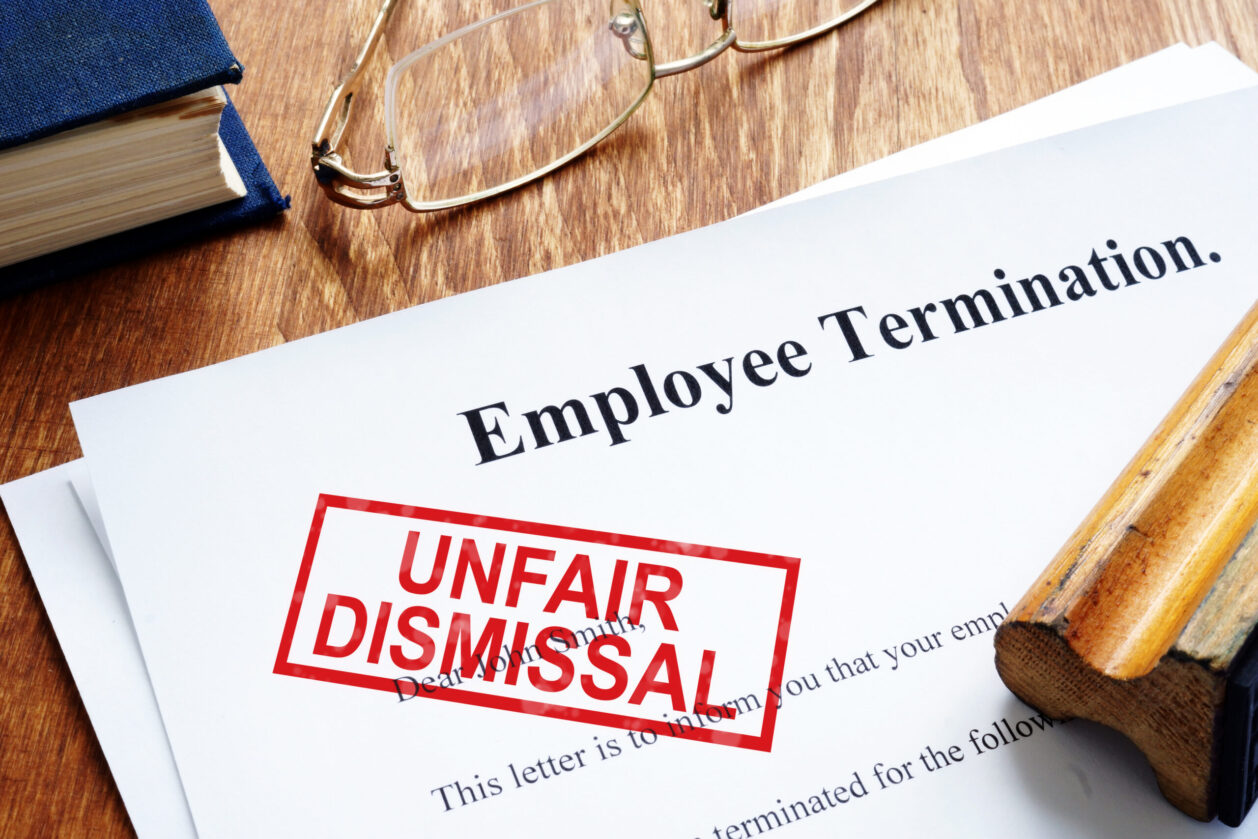The application of Australian employment law to staff who are working overseas can become confusing and catch out employers.
Many businesses in this situation have found themselves the subject of underpayment claims where it has been assumed that employment entitlements reset so that leave accruals and other entitlements don’t transfer with the staff member – where in some cases they must.
So, when does Australian employment law continue to apply?
The Fair Work Act 2009 is the key piece of employment law in Australia that sets minimum employment entitlements and obligations for the majority of employees and employers respectively in Australia.
The Act applies to Australian employers and Australian-based employees. It defines an ‘Australian employer’ as a trading or financial corporation formed within the limits of the Commonwealth that carries on activity in Australia (whether commercial, governmental or otherwise) and who has central management and control in Australia.
It does not prevent the business from carrying out additional operations overseas. An ‘Australian-based employee’ is one who is employed by an Australian employer, whether they work in Australia or elsewhere.
However, the employee would generally need to be initially employed in Australia and continue to maintain the employment relationship with the Australian entity while seconded overseas in order to continue to be bound by the Fair Work Act 2009 and ancillary laws.
Examples of scenarios where the employment relationship continues with the Australian entity might include (but is not limited to):
- where the employee is temporarily seconded overseas with a clear intention of return to Australia thereafter
- where the employee continues to be paid in Australian dollars by the Australian entity while seconded overseas
- where the employment terms and conditions are being managed from the Australian entity.
If the employment relationship falls within the scope of the Fair Work Act 2009, the employee will be covered by Australian employment law and entitled to the statutory minimum employment entitlements contained therein as well as any terms in an applicable industrial instrument, such as a modern award or enterprise agreement.
This also means that such employees would have access to unfair dismissal and general protections remedies – provided they meet the eligibility criteria. For the purpose of the minimum qualifying period to claim unfair dismissal, service while the employee works overseas may well be recognised.
Other considerations
In addition to the Fair Work Act, other state and national legislation may also continue to apply. This includes, for example, laws covering when public holidays are observed, long service leave, occupational health and safety, jury duty, emergency management response and workers compensation to name a few.
Each piece of legislation should be considered separately when it comes to employment entitlements and the effect of any overseas secondment. For example, in a recent case it was determined that, when calculating the entitlement to long service leave for Western Australian employees, you exclude periods of service with related bodies corporate/ subsidiary companies.
In terms of public holidays, employees are generally entitled to the public holidays that apply where the employee is normally based for work and where the majority of the work is undertaken, notwithstanding where their original point of engagement was. This can impact employees seconded interstate, for example.
Businesses need to be mindful that they may need to adhere to local employment legislation in the country the employee is seconded to where they are no longer considered an Australian-based employee under the Fair Work Act 2009.
Employed overseas
If the employee is employed by a foreign entity and his/her employment managed from that entity, it is likely the employment legislation of that country applies.
This would also be the case where an employee that was initially employed within Australia has been transferred to the new location permanently and the employment relationship is now managed by the overseas entity.






